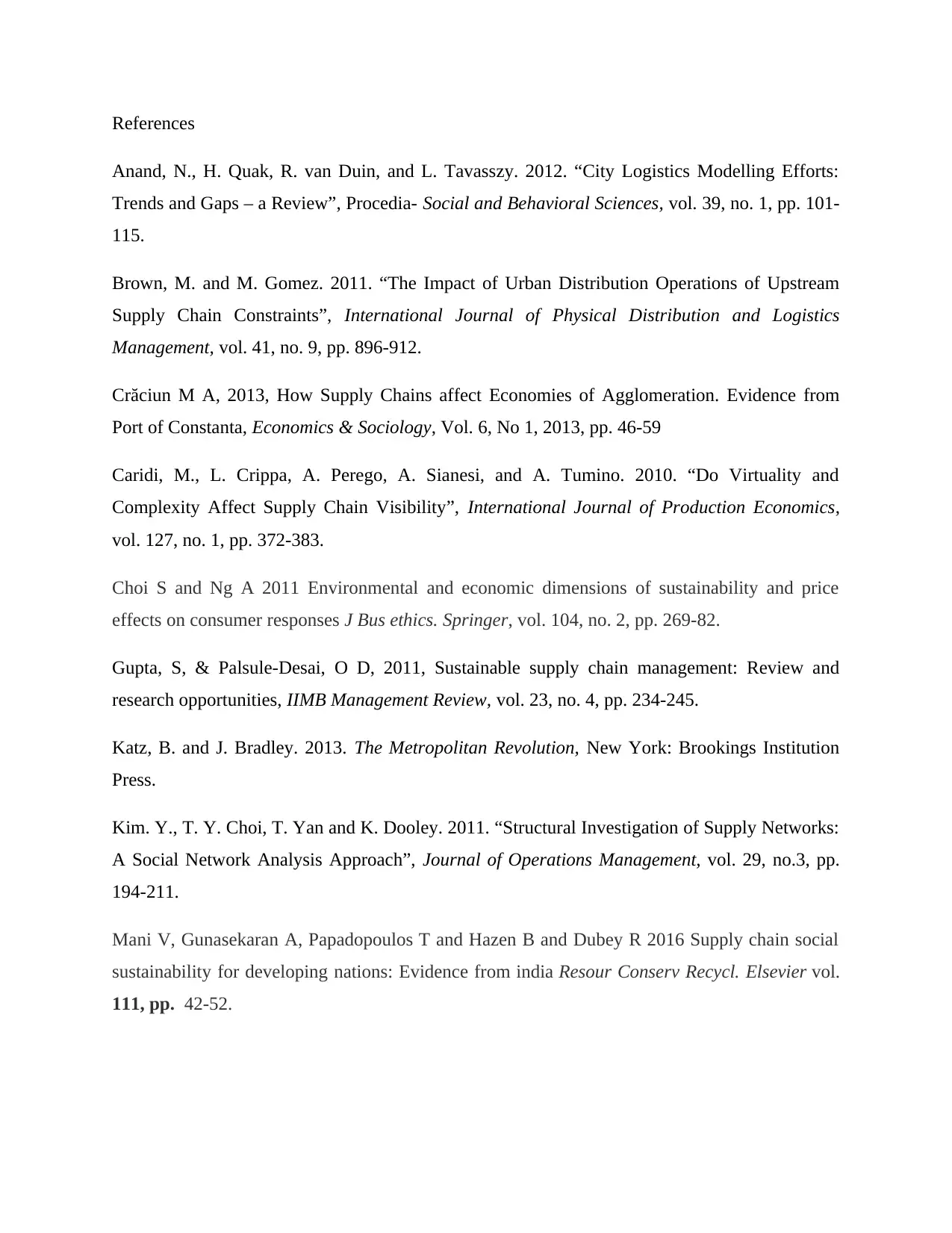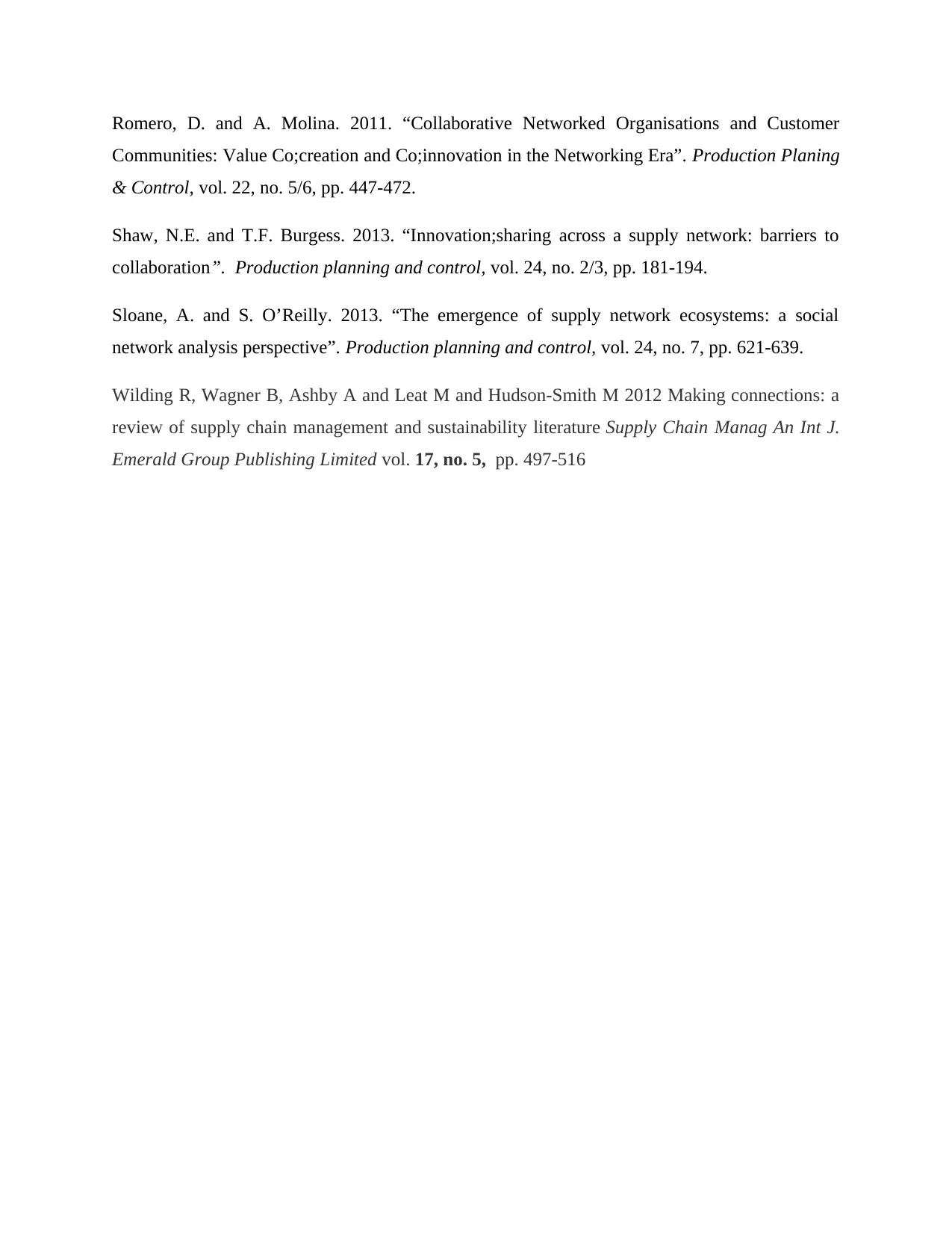Ethical Advertising Targeting and Social Media Users Activities
VerifiedAdded on 2023/01/04
|2
|537
|50
Report
AI Summary
This report delves into the ethical considerations of advertising on social media platforms, examining how companies leverage these channels for brand building and customer interaction. It highlights the evolution of consumer behavior influenced by social media and the shift towards richer media for communication. The report focuses on social media targeting, detailing various approaches like socio-psychographic, behavioral, and geo-targeting. It acknowledges the benefits of social media advertising, such as enhanced reach and customer engagement. Furthermore, the report likely discusses the ethical implications of these targeting methods and the responsible use of user data, providing insights into the challenges and opportunities in the evolving digital advertising landscape. The provided references offer a foundation for understanding the broader context of supply chain management and its impact on various economic and social factors, which can be used to understand the wider context of the report.
1 out of 2







![[object Object]](/_next/static/media/star-bottom.7253800d.svg)